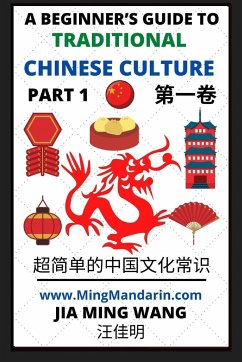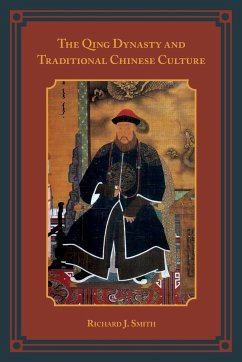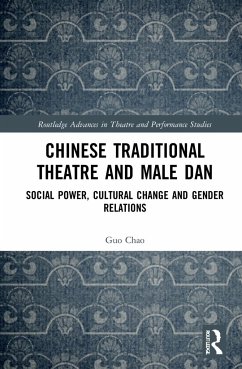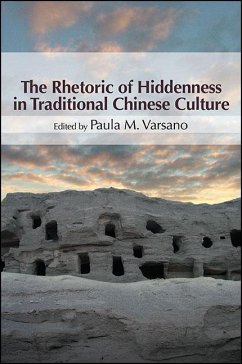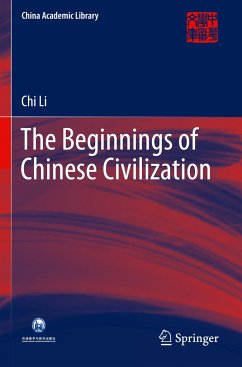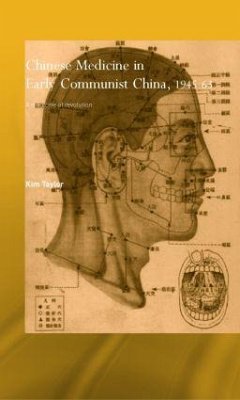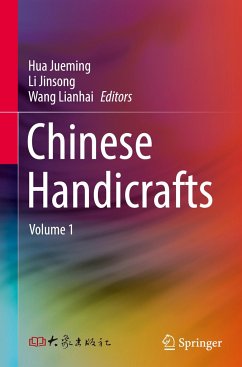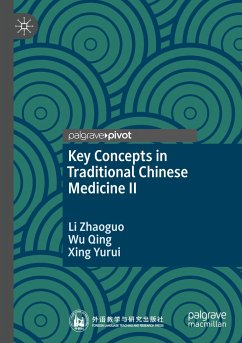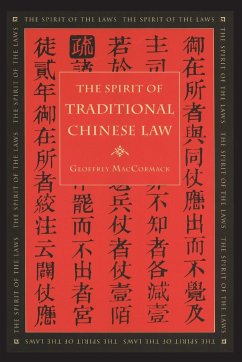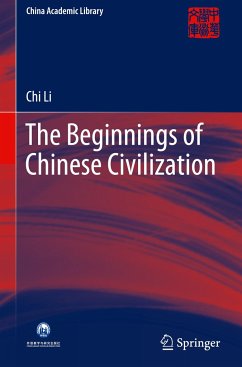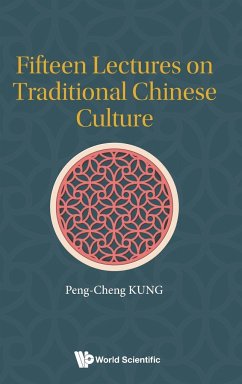
FIFTEEN LECTURES ON TRADITIONAL CHINESE CULTURE
Versandkostenfrei!
Versandfertig in 1-2 Wochen
120,99 €
inkl. MwSt.

PAYBACK Punkte
60 °P sammeln!
This book is edited based on a series of lectures on Chinese cultural history delivered at the Peking University in 2004. It stands out with its distinctive methodology and unique stand, and is popular with readers, with 17 reprints for the Chinese edition since 2006. Before the 1980s, traditional culture was often the target of criticisms and put in a negative light in China. After the 1980s, due to the belief that traditional culture can contribute to modernization, people decided to "take its essence and discard its dregs". As of today, most books on this theme have been written in accordan...
This book is edited based on a series of lectures on Chinese cultural history delivered at the Peking University in 2004. It stands out with its distinctive methodology and unique stand, and is popular with readers, with 17 reprints for the Chinese edition since 2006. Before the 1980s, traditional culture was often the target of criticisms and put in a negative light in China. After the 1980s, due to the belief that traditional culture can contribute to modernization, people decided to "take its essence and discard its dregs". As of today, most books on this theme have been written in accordance with this principle. However, in this book, the author argues that many problems have emerged from the modernization of the Western society, and thus the need for reflection and re-examining. Traditional Chinese culture is a source for comparison and reflection. As such, when we discuss traditional culture nowadays, not only should we excavate its long-hidden meanings, but we should also develop contrastive resources to facilitate our collaborative development in future. The discussions in this book adopt a vertical structure that begins with how Chinese define a human, followed by topics on the human body, Qi, food, male and female, home and state, the relationship between heaven and human beings, ritual systems, historical consciousness, thinking patterns, the art of expressing sentiments, commitments to the politics of virtues and achievements, and cultural practices. In every chapter, there is also a horizontal method of comparison on Chinese, Western and Indian cultures, to foreground the particularities and advantages of the Chinese culture. Apart from elaborating on the major characteristics of traditional Chinese culture, there is also a discussion on how the modern disdain for and misunderstandings of the traditional culture originated from the West. The author also elaborates on Montesquieu's views of China and the various misconceptions and misunderstandings of the traditional Chinese legal systems. Finally, it ends with the author's thoughts on the revitalization of the Chinese civilization.





